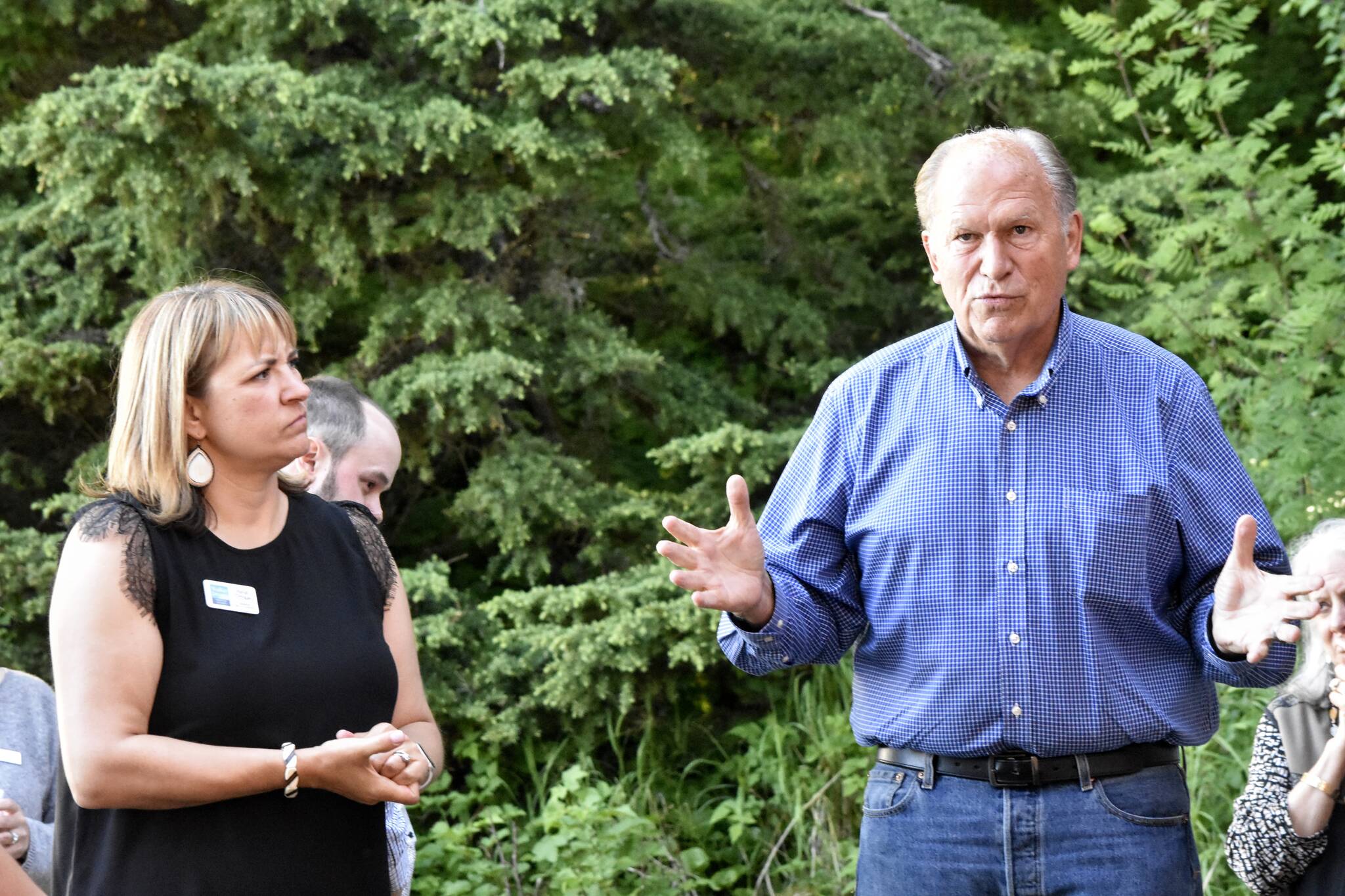Alaska is a fishing state. That includes traditional subsistence harvesters, sport and personal use anglers, and commercial fishing families who drive coastal economies. The ocean and its bounty are woven into the DNA of Alaskans — we rely on it as a foundation of community and culture. Fish runs and resource abundance are a bellwether for our economic, social and environmental health.
In recent years, the North Pacific has seen significant declines in some of our state’s most culturally and economically valuable species, including salmon, halibut and crab. The impacts on communities and fishermen have been stark and immeasurable — a loss of income and a loss of culture. Managers and scientists have considered climate change and bycatch as possible drivers of these declines, but some in the fishing industry have not been ready or willing to independently tackle bycatch in a serious or honest manner. The result is conversations without constructive outcomes; good intentions followed by less than effective follow-through.
Instead of treading water on bycatch while the status quo undermines our fisheries, we must work together to build a better future for our state’s fisheries, and that work must address the underlying challenges of climate change, fishery access and bycatch. As governor and lieutenant governor, we will take decisive action to address the reality of unsustainable bycatch and the inherent inequity in status quo management. Some will say that Alaska’s bycatch issues are primarily a federal issue. And while it is technically correct that many of our current bycatch challenges stem from the federally managed trawl fisheries, the State of Alaska can and should take a more proactive role in aggressively finding immediate solutions.
On Day One, our administration will appoint and hire officials who are well-versed in and committed to aggressive bycatch solutions to leadership roles at the Department of Fish and Game (ADFG). Additionally, we commit to an open and transparent process to appoint knowledgeable and bycatch-focused Alaskans to the North Pacific Fishery Management Council (NPFMC), where many bycatch allocation decisions are made.
Indigenous Alaskans deserve an increased voice in our resource management processes, and we commit to listening to the original stewards of our lands and waters about how to best amplify their voices at the management table — particularly at the NPFMC. We recognize the value of an Alaska Bycatch Task Force and commit to carrying this work forward, but our administration will also ensure that stakeholder seats properly represent the diverse voices around the state. For example, at the Board of Fisheries, Indigenous people and community-based Alaska fishermen also deserve a stronger voice — and we commit to ensuring our Board appointments reflect this.
Long-term, we will promote and pursue solutions that encourage full utilization and reduce bycatch, particularly regarding Alaska’s economically and culturally important species. We will convene stakeholders, state and federal managers, and partner with Congress to identify and implement policies that reduce bycatch and capture the full value of our most precious renewable resource for Alaskans — our fish.
There are ways to reduce bycatch in every fishery, and we’ve successfully lowered bycatch levels in the past through hard caps, improved harvesting methods, and strong communication within the commercial fleet. We need to take action to incentivize good behavior and penalize bad behavior regarding bycatch. We are encouraged by ongoing research to reduce bycatch and develop new bycatch avoidance technologies, and we commit to investing state dollars into these areas.
Above all, the Walker-Drygas administration will invest in research to understand the impacts of climate change and bycatch on our fisheries and fishing communities, and we will develop strategies to minimize those impacts. Alaskans deserve sustained access to Alaska’s fish, and as Alaskans, we also have a responsibility to take care of our fish for future generations. We commit to working with ADFG and the Legislature to ensure better State funding for fisheries research while also working with Alaska’s Congressional Delegation and the White House to address crucial scientific and data gaps in our understanding of ocean ecosystems.
Alaska needs bold and decisive action to reduce bycatch. Fisheries will be on the front burner for our administration, and we will turn up the heat on bycatch. We will invest immediately and heavily in restoring Alaska’s access to healthy fisheries.
Bill Walker served as the 11th governor of Alaska and is running for that position again this fall alongside candidate for lieutenant governor Heidi Drygas, who was commissioner of Labor and Workforce Development. Bill and Heidi are Independents and lifelong Alaskans.

